How to Make Money with Jersey Cattle
Most homesteaders get Jersey cattle because they want convenient access to healthful raw Jersey milk. Owning a dairy cow is the most cost-effective way to get the best of both worlds. We already know that Jersey cattle make excellent family cows, which is reason enough to consider getting one. Their calm demeanor, small size, and ability to produce a decent quantity of delectable raw milk have helped this dairy cow breed to grow in popularity over the years. An advantage prospective homesteaders may not think about is the possibility that their Jersey cow can bring them a tidy side income if they play their cards right. Here are some ideas to get Jersey cattle owners on the right track.
How much does a Jersey cow cost?
Buying a Jersey cow is a huge investment. The cost ranges between $900 and 3,000 depending on whether you buy a heifer or a bull. Heifers tend to be cheaper and quite possibly a better investment since they produce Jersey milk. Yearlings and calves cost less compared with mature cows, so homesteaders on a budget may want to buy a Jersey cow from this age group. Once Jersey heifers begin lactating, their price can nearly double since milk production increases their value.
Once homesteaders buy Jersey cattle, they must maintain them. This includes sheltering, feeding, and milking them regularly if they lactate. It costs between $500 and $1,000 per cow per year. Those with 2 to 5 acres of grassland per cow can reduce their feeding expenses (and produce better milk) by pasture feeding their Jersey cow. Homesteaders raising Jersey cattle for their meat can expect to feed them 30 to 40 pounds of hay per day. Some eat as much as 100 pounds. Pasture grazing can reduce the amount of hay needed for feeding.
Sell milk, cheese, and yogurt
Jerseys can be classified as the most profitable dairy cow since they produce the highest quality milk for human consumption. One of the most obvious ways to make money with a Jersey cow is by selling raw Jersey milk and milk products. When homesteaders have cows that produce more raw milk than they can reasonably consume themselves, selling only makes sense. It is important to follow the rules for distributing raw milk in your area. The federal government prohibits interstate raw milk sales (we talk about that more below).
On our homestead, we have recipes for making our favorite cheeses, kefir, and yogurts. We even make creamy, delectable ice cream with our Jersey milk. When selling directly from your farm or at a local farmer’s market (where allowed), these items can attract buyers who may not be able to make the products themselves.
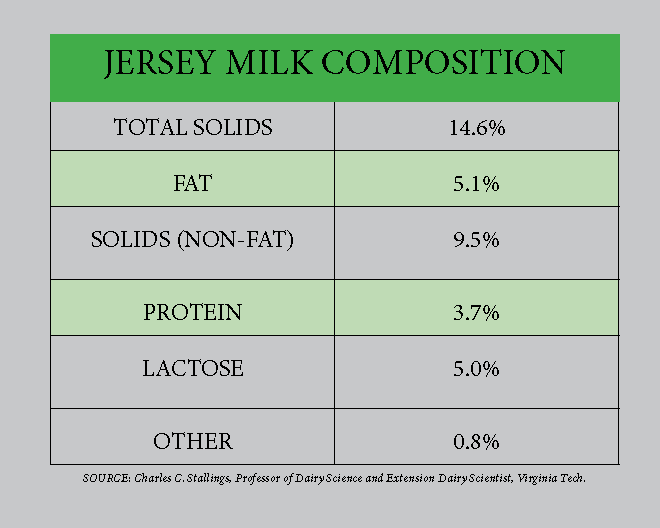
Sell pure-bred Jersey cattle calves
Another way to make money with Jersey cows is by selling them. Most people who raise and sell pure-bred Jersey cattle do so to produce breeding stock for other purebred producers and commercial cattlemen. Strict rules must be followed when selling pure-bred Jersey cattle calves, according to the American Jersey Cattle Association. From registering your herd to transfer of ownership, Jersey cattle calve breeders that do not follow the guidelines risk devaluing (and failing to sell) their cattle.
Selling pure-bred Jersey cattle calves is as much about marketing your product as it is about breeding high-quality stock. Getting the highest price for your cattle should be a goal but producing calves the market desires is the ultimate end game. Once breeders earn a reputation for excellence, buyers will seek them out instead of the other way around.
Run a Jersey cattle-sharing service
Cow-sharing is all the rage these days. People interested in the benefits of raw Jersey milk who do not have adequate space to raise Jersey cows can turn to cow-sharing. It is illegal to sell raw milk in many states. Cow-sharing is an alternative that can homesteaders extra income while getting their product to local consumers. It works by allowing a person or persons to buy a Jersey cow that the farmer then feeds, houses, and milks for them. All milk produced by the cow goes to the people who pay for its upkeep. Doing this ensures the farmer and the consumer do not violate federal rules about raw milk sales. Homesteaders with a bit of selling savvy can make a tidy profit off cow-sharing.
Know your market before selling
The rules for making money with Jersey cattle differ from one state to another. In 1987, the U.S. Food and Drug Administration (FDA) banned state-to-state sales of raw milk, with some exceptions for raw milk cheeses. Only 11 states allow raw milk sales in retail stores. Some other states permit local homesteaders and small dairy farmers to sell Jersey milk directly from their farms and homesteads only. Selling milk to someone in another can land Jersey cattle owners in hot water with the federal government. Restricting sales to local customers is the safest way to avoid trouble unless local or municipal regulations prevent it.
Can Raising a Jersey Cow Baby Lead to Profit with Jersey Cattle?
If you’re considering raising a Jersey cow baby, here are some tips to maximize your profit potential with Jersey cattle. Providing a balanced diet, proper housing, and regular health check-ups are important for the overall wellbeing of your Jersey cow. Implementing these raising jersey cow baby tips can lead to a successful and profitable venture.
Meeting compliance factors for Jersey cow milk
States that permit raw Jersey milk sales still have compliance factors Jersey cattle owners must meet. A quick check with the local board of health can ensure adherence to all local guidelines. Some things Jersey cattle owners might be required to do before selling include:
- Inspection and licensing to ensure they meet sanitary standards. Health inspections and licensing may be required by your state or local government to protect consumers.
- Labeling Jersey milk can include the date of expressing and language that warns consumers the product is raw and unpasteurized.
- Testing to determine whether the raw Jersey cow milk does not exceed acceptable thresholds for bacteria, coliform, and somatic cells.
Can Homesteaders Also Raise and Make Money from Jersey Cattle?
Yes, homesteaders can raise and make money from Jersey cattle. These cows are known for their high milk production, making them profitable for dairy products. In addition, you can use easy chicken bone broth recipes to make use of leftover parts and create additional income streams.
Thinking outside the Jersey cattle stall
These are just a few suggestions on how homesteaders can profit from their Jersey cattle. Thinking outside the Jersey cow stall can help creative small dairy farmers come up with other ideas for making a buck or two from their hooved family members. Have a great way to make money from your Jersey cattle? We would love to hear about it in the comments!
In our kitchen, we only use cultures from Cultures for Health.
Get yours here and start culturing today.
Popular Articles
Newsletter
Get signed up to get latest updates and new information from the Jersey Milk Cow!
This site uses Akismet to reduce spam. Learn how your comment data is processed.

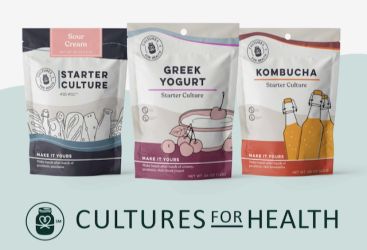
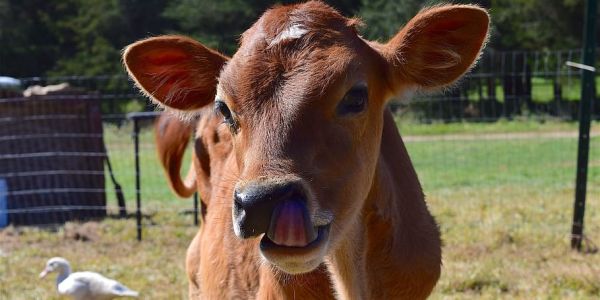


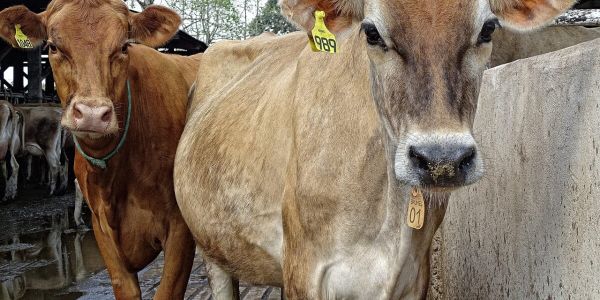
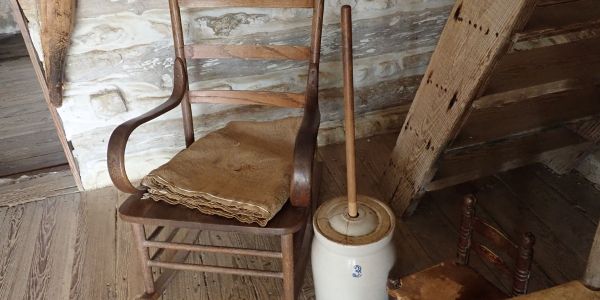
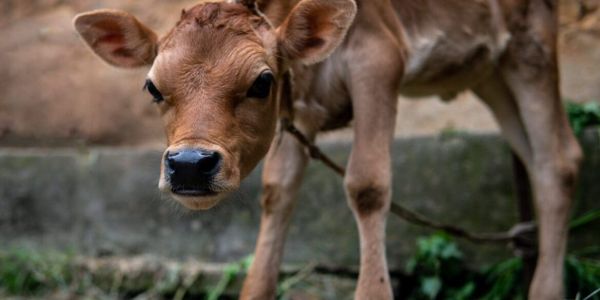
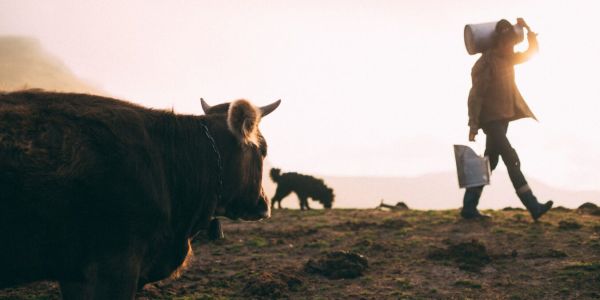
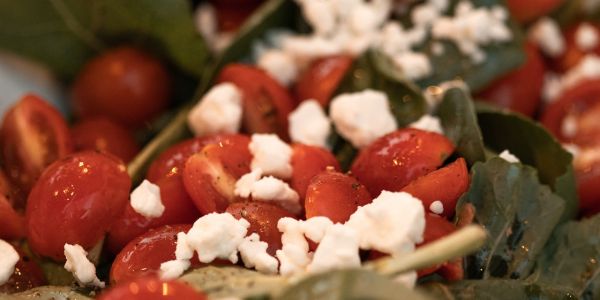
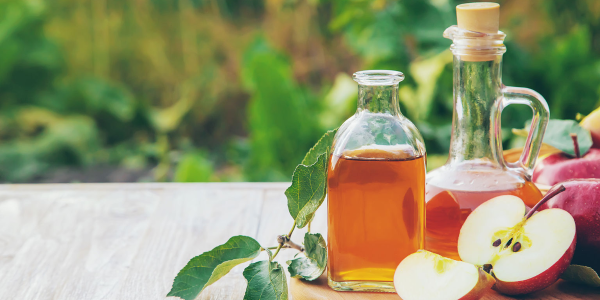

Leave a Reply